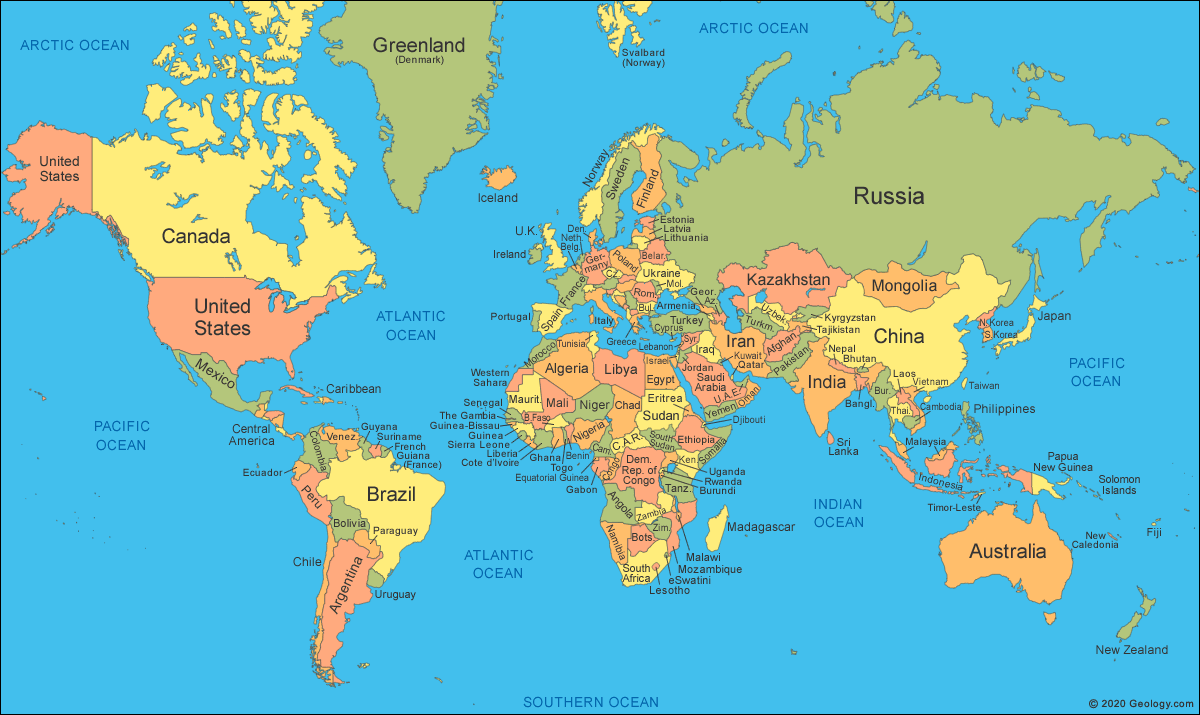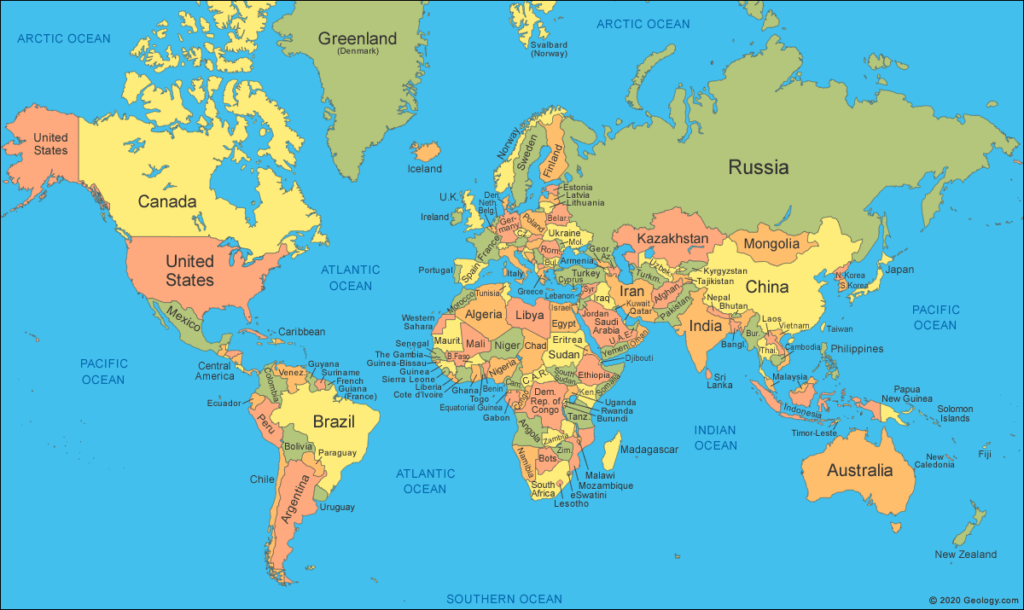
Many governments have taken a hands-off approach to crypto, but its rapid ascent and evolution, coupled with the rise of DeFi, has forced regulators to begin crafting rules for the emerging sector. Regulations vary widely around the world, with some governments embracing cryptocurrencies and others banning them outright. The challenge for regulators, experts say, is to develop rules that limit traditional financial risks without stifling innovation.
In the United States, policymakers have indicated they are slowly moving to regulate cryptocurrencies and the emerging DeFi sector. However, cryptocurrencies do not fit neatly into the existing regulatory framework, creating ambiguity that lawmakers will likely have to resolve. U.S. Securities and Exchange Commission (SEC) Chairman Gary Gensler has called the cryptocurrency sector a “Wild West,” and urged Congress to give the SEC greater powers. Federal Reserve Chairman Jerome Powell and Treasury Secretary Janet Yellen have both called for stronger regulations of stablecoins. But regulators have thus far been reluctant to extend crypto investors the same protections that exist in more traditional finance, such as deposit insurance. “If you buy crypto-assets and the price goes to zero at some point, please don’t be surprised and don’t expect taxpayers to socialize your losses,” the Federal Reserve Board of Governors’ Christopher J. Waller said in 2023.
To limit illicit activities, authorities have targeted the exchanges that allow users to convert cryptocurrencies to U.S. dollars and other national currencies. Under pressure from regulators, major exchanges including Coinbase, Binance, and Gemini adhere to “know your customer” and other anti–money laundering requirements. Law enforcement and intelligence agencies, meanwhile, have learned to leverage the traceability of most cryptocurrencies by using blockchains to analyze and track criminal activity. For example, some of the ransom paid to the Colonial Pipeline hackers was later recovered by the FBI. In August 2022, the Treasury Department announced a crackdown on so-called cryptocurrency mixers that criminals can use to anonymize transactions on the blockchain, calling them a “threat to U.S. national security.”
China, which accounts for most of the world’s Bitcoin mining, has moved aggressively to crack down on cryptocurrencies. In September 2021, Chinese authorities announced a sweeping ban on all crypto transactions and mining, causing the price of some cryptocurrencies to fall sharply in the immediate aftermath. According to the U.S. Law Library of Congress, eight other countries (Algeria, Bangladesh, Egypt, Iraq, Morocco, Nepal, Qatar, and Tunisia) have banned cryptocurrencies [PDF], while dozens more have sought to restrict adoption of digital assets. Still, most governments have so far taken a relatively limited approach.

